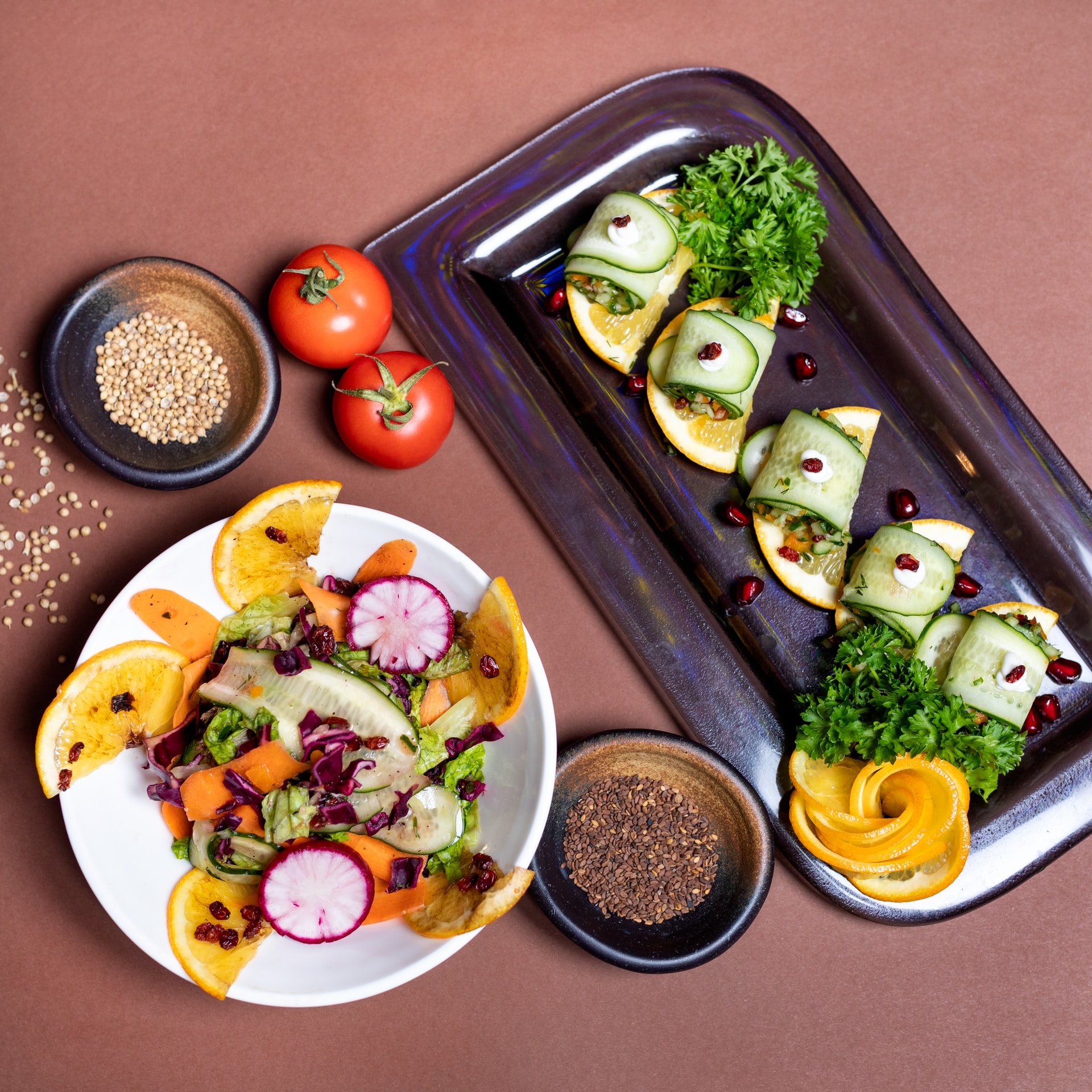COVID 19 lockdown has been extended by 2 more weeks to reduce the virus spreading and most of us are feeling the stress. Now more than ever most people are finding it hard to stop eating. Social distancing is not helping either, I totally get it. Keeping track of what you eat and what to eat requires a different approach.
As recently described by the World Health Organization (WHO), fear, anxiety, and uncertainty about the disease itself is co-occurring with requirements for social distancing and increasingly difficult economic realities with an unknown trajectory. As such, helping people through the COVID 19 pandemic is not just about helping them stay safe physically—it is also about helping them maintain mental and emotional health.
First things first, there is a huge difference between physical hunger and emotional hunger. Most of the time we think we are hungry but are just bored, anxious, stressed, and trying to distract ourselves with food from those uncomfortable emotions. Physical hunger means you eat when our body signals to us that we are actually hungry. Ask yourself these simple questions?
- When was the last time I had a meal or snack?
Chances if it’s in 2 to 3 hours after a meal it’s very unlikely you are physically hungry.
- I’m I really hungry or thirsty?
Most likely if you not physically hungry is you are thirsty. Most people mistake physical hunger to be thirsty. Drink lots of water at least 2 litres a day to make sure you are hydrated throughout the day.
- Is my body showing any signs of hunger?
Is your stomach grumbling, feeling light-headed, low energy, etc. Most likely we are physically hungry.
- How many times did I eat today?
One vital factor is to keep your meal count, all many meals and snacks in between.
- What I’m I craving?
Food cravings can be so intense, that irresistible to eat. Foods high in sugar and carbs most of the time cause cravings and they can be difficult to control. Stress is also one of the leading factors in cravings, finding a way to reduce stress may help eliminate cravings e.g. exercise, yoga, etc.
- I’m I bored or eating for comfort?
Find ways to comfort yourself that don’t involve food (engage in a hobby, self-care regimen, meditate, spend time with loved ones, read a book, etc.) If you can learn to listen to your body, you will forever be freed from being a slave to food.
Most people who are dieting cut back on calories, but calorie restriction can cause more physical hunger. Completely ignoring cravings can have negative consequences, so it may be a good idea to plan times to eat otherwise restricted foods. This may look like a cheat day or an after-work treat, depending on a person’s dietary needs. Sticking to a restrictive diet and ignoring cravings may be easier if a person has a planned indulgence to look forward to.
Bottom line
As the COVID-19 lockdown continues most of us are feeling increasingly stressed, which often leads to emotional eating. Many of us have struggled with emotional eating and have learned to break free from the cycle to create a happy and healthy relationship around food. Use these above tips to come up with your own plan to help you identify the difference between emotional and physical hunger so that you can lose weight, have more energy, and develop healthy habits around eating. A dietician or personal trainer can help a person to develop a healthy diet plan that reduces cravings and associated stress.






